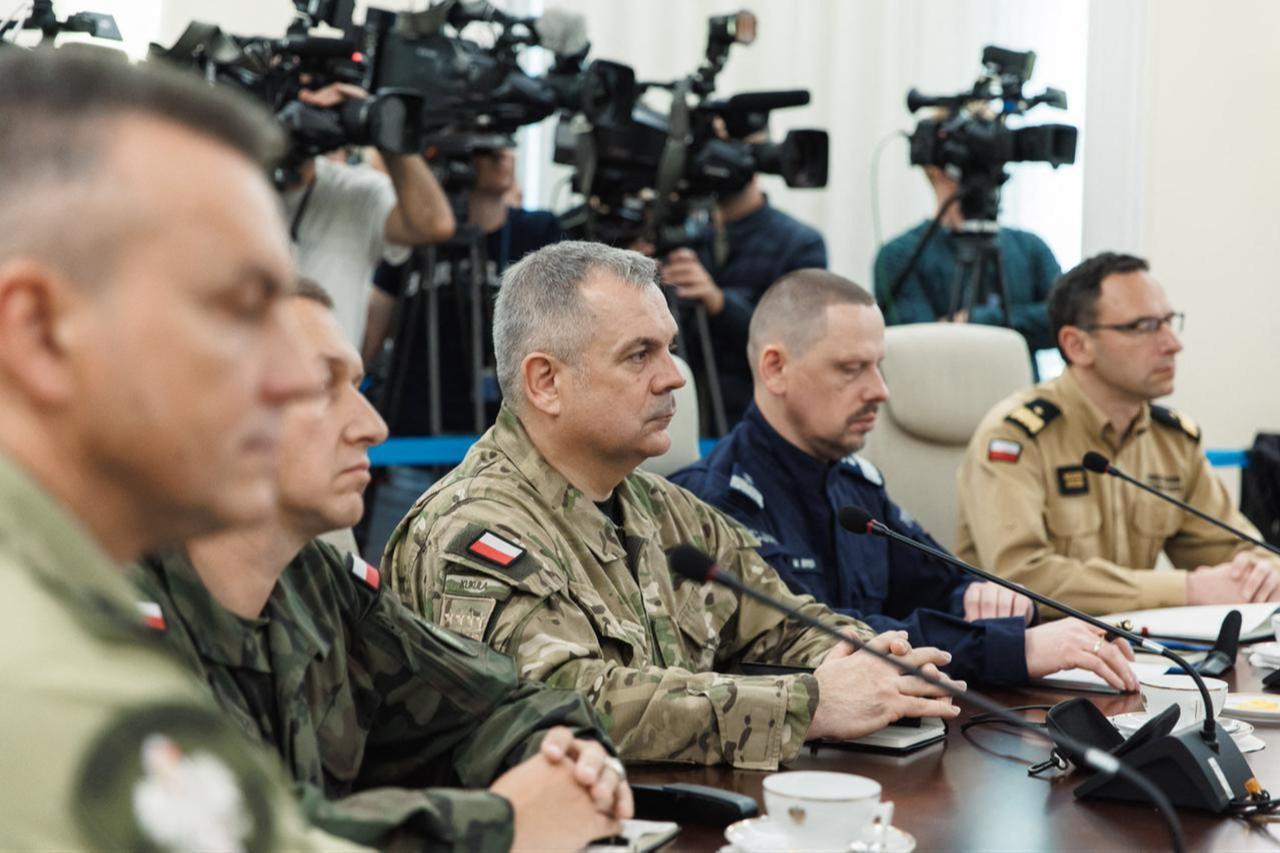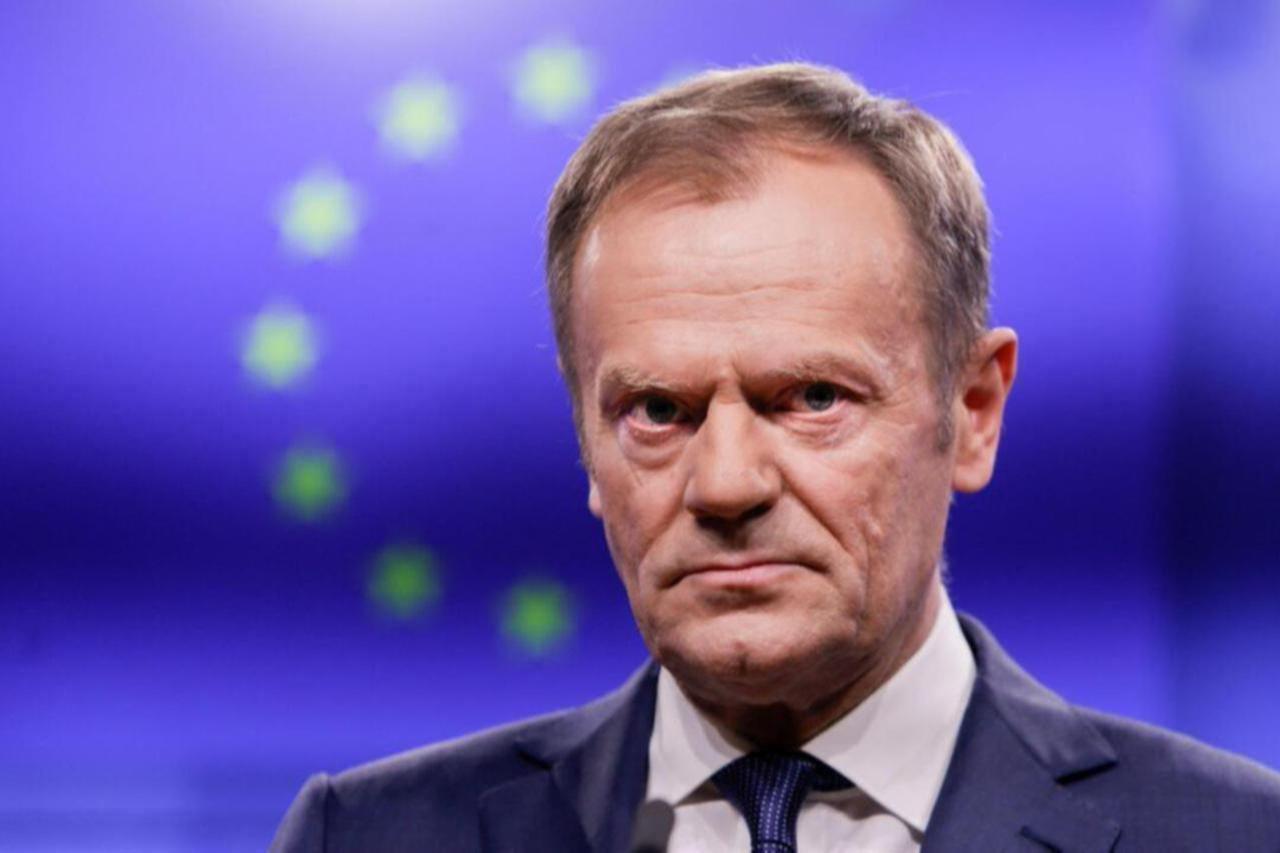
Poland announced Wednesday it will deploy up to 10,000 soldiers to guard critical infrastructure under a new internal security operation designed to counter what officials describe as an escalating campaign of Russian-directed sabotage on Polish territory.
Defense Minister Wladyslaw Kosiniak-Kamysz unveiled Operation Horizon at a news conference in Warsaw, flanked by senior military commanders and Interior Minister Marcin Kierwinski. The initiative marks a significant expansion of military involvement in domestic security operations and requires formal approval from Prime Minister Donald Tusk and President Karol Nawrocki before implementation can begin within days.
"We are presenting Operation Horizon — support by the Polish Armed Forces for security and critical infrastructure protection," Kosiniak-Kamysz said. "The situation requires such commitment."
The deployment responds to a series of confirmed and suspected attacks on Polish railway lines that government officials have attributed to Russian intelligence operatives recruiting Ukrainian citizens to carry out sabotage inside Poland. The announcement reflects mounting security concerns across Eastern Europe as the conflict in Ukraine continues into its third year.

Under the proposed operation, Polish soldiers will monitor railway networks, energy facilities and telecommunications infrastructure while participating in joint rapid-response units alongside law enforcement. The plan calls for expanded intelligence-sharing among the military, police, Internal Security Agency, border guards and counterintelligence services.
Kosiniak-Kamysz indicated the security operation represents only an initial response, with additional measures under consideration including possible expulsion of Russian diplomats, enhanced cyber-defense programs and more aggressive counterintelligence activities.
General Wladyslaw Kukula, Chief of the General Staff, characterized the initiative as unprecedented in scope. "The government of Prime Minister Tusk and Deputy Prime Minister Kosiniak-Kamysz has elevated the level of cooperation between Defense Ministry units and Interior Ministry services to unprecedented levels," he said.
Polish authorities have linked several recent railway incidents to foreign sabotage operations. According to officials, two suspects connected to separate attacks — including an explosion on tracks near Mika station — fled Poland through the Terespol border crossing into Belarus. Their identities have not been disclosed, and investigations continue.
Tusk said he discussed the arrests with Ukrainian President Volodymyr Zelensky, demanding immediate access to information that could help identify individuals cooperating with Russian intelligence. "I told President Zelensky that Poland expects the immediate transfer of all data that will help us identify threats arising from the cooperation of Russian intelligence services with certain Ukrainian citizens," Tusk said.
Kierwinski emphasized the ongoing nature of security operations. "Every day and every week, operations are carried out to prevent hostile actions against Poland," he said.
The security initiative emerges against a backdrop of political friction between the government and President Nawrocki, who has sought expanded authority over Poland's intelligence apparatus. The dispute centers on presidential oversight of secret-service operations, adding a domestic political dimension to the security debate.
Operation Horizon will integrate local authorities into crisis-response structures, creating a layered security framework spanning military, law enforcement and civilian agencies. The formal approval process requires Tusk to submit the activation request to Nawrocki for final authorization, a procedural step that could become complicated by the ongoing institutional tensions.